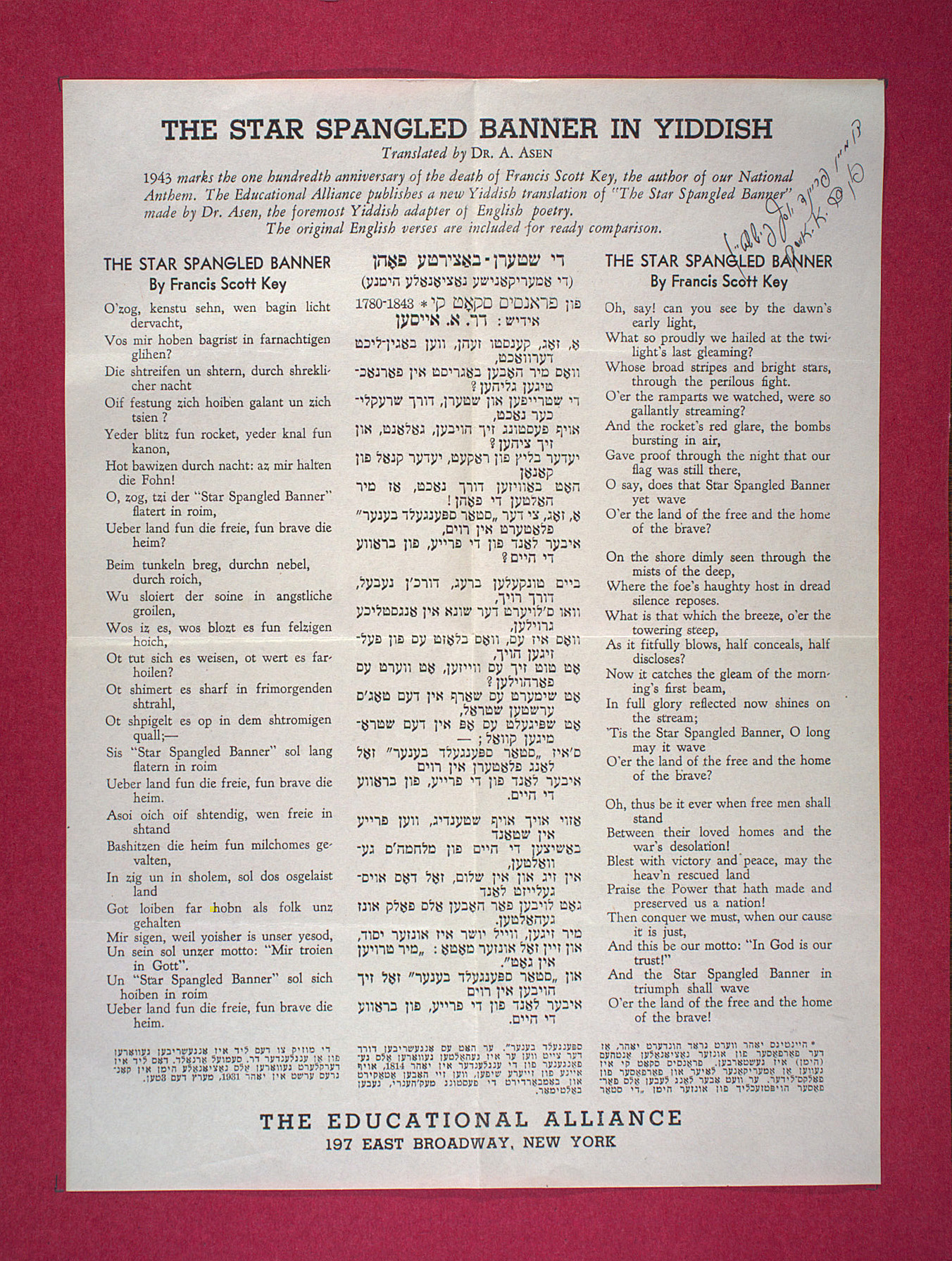 In a speech in Jerusalem to rich donors, Mitt Romney disrespected the Palestinians and distorted the history of the State of Israel, according to our reading of a report from the AP. He insinuates that Israeli culture is superior to Palestinian culture, and that God loves Israel more than the Palestinians.
In a speech in Jerusalem to rich donors, Mitt Romney disrespected the Palestinians and distorted the history of the State of Israel, according to our reading of a report from the AP. He insinuates that Israeli culture is superior to Palestinian culture, and that God loves Israel more than the Palestinians.And he altogether forgets to mention that Israel began as an entirely socialist state and still runs its economy and society on strong socialist principles mixed together with vibrant free enterprise and capitalism.
It looks like Mitt perhaps was confused about the Israeli economy and the Palestinian people and might explain when he returns that he, "just had the greatest brainwashing that anybody can get" by the Israeli officials that he met with.
Here is the start of the story:
JERUSALEM (AP) — Having publicly pledged a "solemn duty and moral imperative" to protect Israel, Mitt Romney told Jewish donors Monday that their culture is part of what has allowed them to be more economically successful than the nearby Palestinians.
"As you come here and you see the GDP per capita, for instance, in Israel which is about $21,000 dollars, and compare that with the GDP per capita just across the areas managed by the Palestinian Authority, which is more like $10,000 per capita, you notice such a dramatically stark difference in economic vitality," the Republican presidential candidate told about 40 wealthy donors who breakfasted around a U-shaped table at the luxurious King David Hotel.
The economic disparity between the Israelis and the Palestinians is actually much greater. Israel had a per capita gross domestic product of about $31,000 in 2011, while the West Bank and Gaza had a per capita GDP of just over $1,500, according to the World Bank...






 Update -
Update - 

 No. Michael Phelps is not a Jew.
No. Michael Phelps is not a Jew.

 Yes, the new CEO of Yahoo!, Marissa Mayer is a Jew.
Yes, the new CEO of Yahoo!, Marissa Mayer is a Jew. We applaud the study of compassion, whether as part of theology, general religious studies or now as a subject of study in the social sciences.
We applaud the study of compassion, whether as part of theology, general religious studies or now as a subject of study in the social sciences.


 No actress Katie Holmes is not a Jew. She was a Catholic, then a Scientologist and now, again, a Catholic, as the Examiner reports:
No actress Katie Holmes is not a Jew. She was a Catholic, then a Scientologist and now, again, a Catholic, as the Examiner reports: 



 Yes, many items at Starbucks are kosher according to sources cited in the Times,
Yes, many items at Starbucks are kosher according to sources cited in the Times, 
 In a Talmud-like fashion, the Times discusses which of the two main styles of swimming the freestyle is superior, more effective, or as we would like to say, more kosher.
In a Talmud-like fashion, the Times discusses which of the two main styles of swimming the freestyle is superior, more effective, or as we would like to say, more kosher.